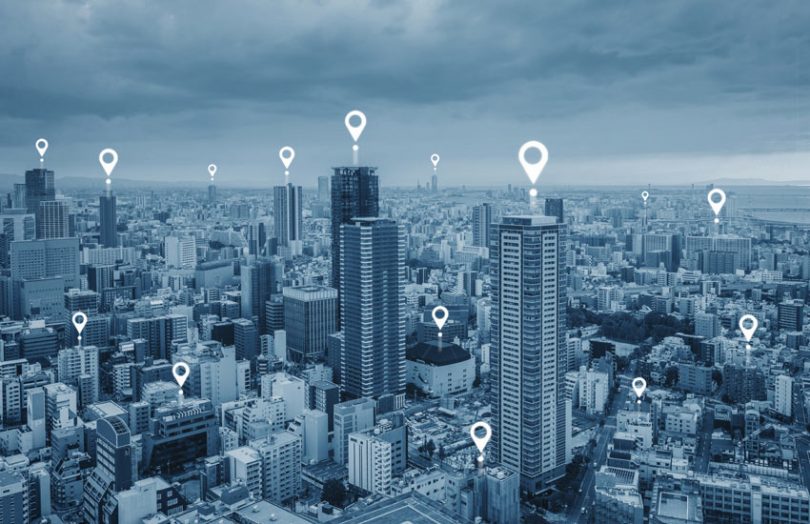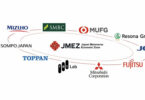Japan’s Mitsubishi Corporation and Nippon Telegraph and Telephone (NTT) announced they jointly acquired 30% of the Dutch firm HERE Technologies. HERE provides mapping, location data and technology solutions.
The company operates a marketplace for exchanging location-based data. HERE records data such as road networks, buildings, parks, and traffic and sells it to other businesses such as transport and logistics, media, and telecoms companies, including to firms such as Alpine and Garmin.
Mitsubishi and NTT are collaborating to use HERE’s location database to develop services in logistics, urban transportation, retail, finance, and other areas. The goal is to start proofs of concept by the end of the year with logistics partners involved in home delivery and transportation.
The Japanese firms join existing shareholders Audi, Bosch, BMW, Continental, Intel Capital, Mercedes Benz and Pioneer. Here started in 1985 in the U.S. as NAVTEQ. Nokia acquired NAVTEQ in 2007, which owned it through to 2015.
Location data is among the key drivers for the implementation of future mobility services. Earlier this year, HERE announced it was working with Daimler to integrate the latter’s car sensor data into its own database. However, the biggest concern around sharing such data for third-party use is the privacy of the vehicle owners.
HERE is using a blockchain-based consent management solution to enable car owners to grant access to their location data. Because the company is not associated with just one auto firm, it can provide a “neutral server” to give third-party companies access to location data without having to contract with several car manufacturers.
Hence, there is centralization of data, but the recording of the consent is decentralized. Presumably, blockchain’s immutability proves the consent was granted. The firm says it complies with the EU’s General Data Protection Regulation (GDPR) of personal data.
And privacy is needed because the data being provided by Daimler is quite extensive, including the status of windows and locks, the charge remaining in a battery or fuel level, the direction in which the car is traveling and odometer information.
Meanwhile, location data could be used to trigger smart contracts. For example, once a vehicle enters the geofencing of a highway, the toll can be automatically deducted from the vehicle wallet. Blockchain has potential applications at every step of this process.
Several start-ups are working on Proof of Location blockchains, which aim to establish location data in a decentralized manner. In some cases, users are rewarded for participating by paying them in cryptocurrency. One example is Foam.






